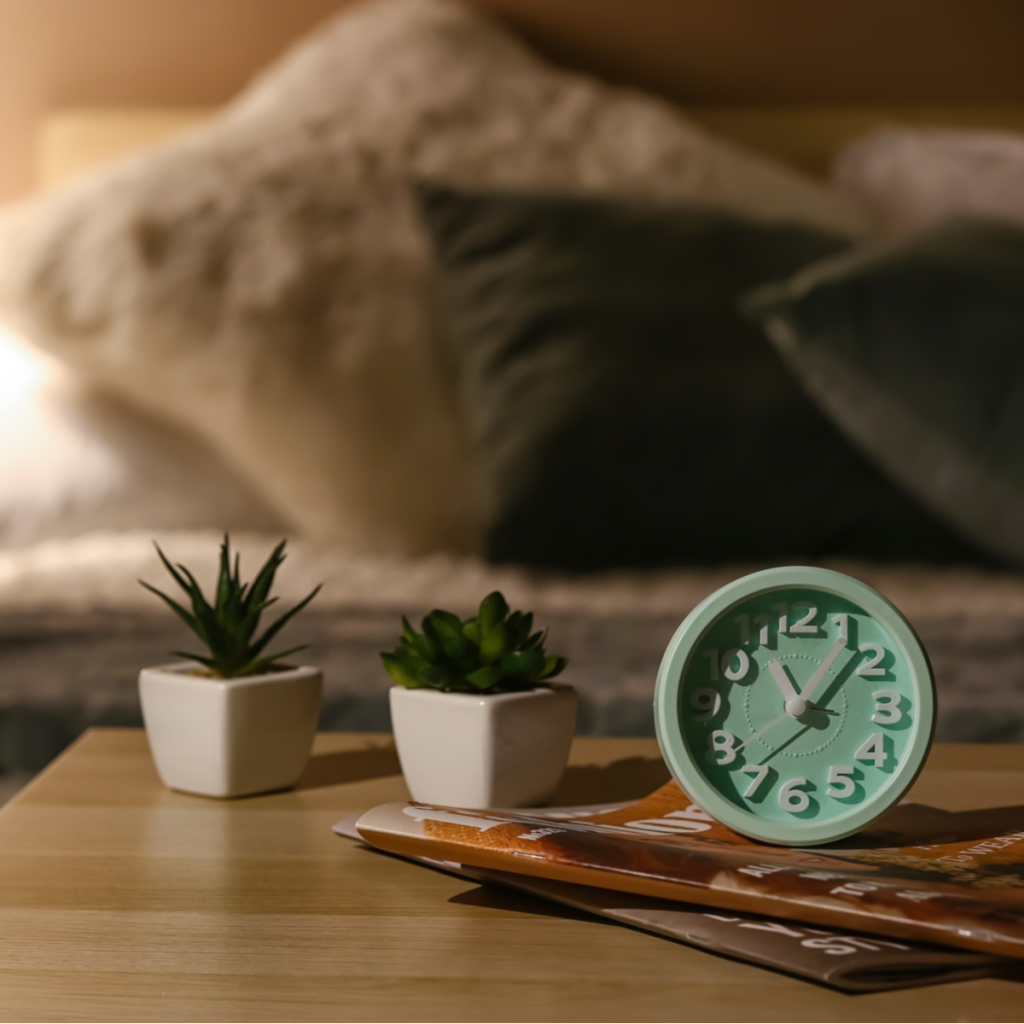What is tinnitus?
Many people recognise tinnitus as a ringing in the ear, but it can manifest itself in many different ways. It can be a buzzing or whistling, in one or both ears, or whisper quiet or earth-shakingly loud. For some it is permanent, but for others it comes and goes.
Sometimes people have tinnitus that can seem like a familiar tune or song. This is known as musical tinnitus or musical hallucination. Others have tinnitus which has a beat in time with their heartbeat. This is called pulsatile tinnitus.
How can I prevent tinnitus?
However you experience tinnitus, there’s no question it can be an irritating and uncomfortable condition. Unfortunately, tinnitus can’t always be prevented, but there are steps that you can take to help protect your ears from the condition.
- Firstly, it is important to know that tinnitus can be triggered by stress and anxiety, so maintaining a healthy and balanced lifestyle is important. Try to prioritise activities that you enjoy, alongside a nourishing diet and adequate exercise.
- Secondly, if you are going to be exposed to loud music at a festival or a concert, it’s recommended that you use suitable hearing protection such as earplugs, and be sure to stand a good distance from the speakers. For information about hearing protection and custom-moulded ear plugs book a consultation with our audiologist today.
- Lastly, if you frequently use headphones to listen to music, always keep the volume at a reasonable level and have regular breaks to allow your ears to recover.
How can I ease any discomfort caused by tinnitus?
For some, the condition can be significantly worse at night. This is because the change from an environment with a low level of background noise such as an office or supermarket to the quietness of your bedroom can make tinnitus more noticeable.

Many find that noise from background music, ticking clock, or fan can help with this. Others use in-ear sound generators – a treatment often referred to as sound therapy.
If you have tinnitus then it is also important to make an appointment with your audiologist who will be able to check your hearing health. Often, tinnitus occurs as a result of hearing loss, which can often be mild and difficult to detect. Correcting loss of hearing with hearing aids can be a great help when it comes to managing tinnitus.
If you require any more information, The British Tinnitus Association has lots of helpful suggestions for those that are struggling with the condition.
How can THCP help?
If you or someone you know is affected by tinnitus, we are here to help. You can book an appointment online, or call us on 0800 52 00 546.

